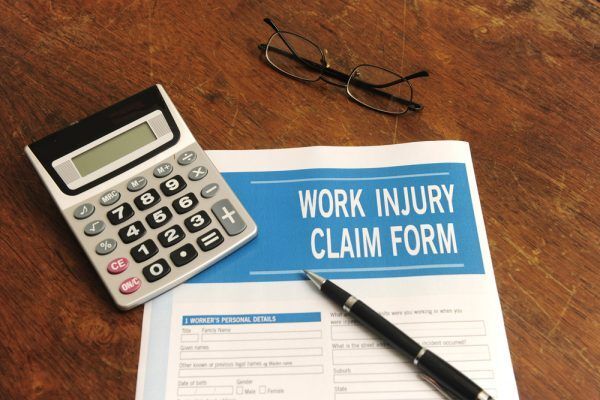Injured Workers are frequently requested by Insurance Carriers to sign medical release forms. These releases are also requested by Attorneys who represent both Injured Workers and those who represent Insurance Companies.
This article will discuss workers’ compensation discovery, medical releases, the different types of medical releases, and why insurance carriers and attorneys request medical releases.
What is Discovery?
“Discovery” is a legal term. It essentially means “information gathering” within a legal system. Legal systems, such as the California Workers’ Compensation System provides laws concerning this discovery. Examples of workers’ compensation discovery include witness depositions, medical records subpoenas, and medical-legal examinations.
Records can be obtained formally and informally. The formal was is by subpoena. The informal way is by consent. Consent is obtained via a signed medical release authorizing the document production.
Why Is Workers’ Compensation Discovery Unique?
Workers’ Compensation (WC) Discovery is unique in that is pace is set within the Labor Code. Labor Code Section 5402 provides that Insurance Companies have 90 days, from the date of employer discovery of the claim.
WC Discovery is used to find out a variety of information. Medical records may allow the Insurance Company to verify the injury. Medical records can provide information about one’s medical history which can impact the Claimant’s entitlement to compensation.
Beyond workers’ compensation, there are federal rules which address medical privacy issues. This federal law is HIPPA which created national standards to protect individual’s medical records and other personal health information. It “generally gives patients the right to examine and obtain a copy of their own health records.” HIPPA
Why Are Medical Releases Important for Discovery?
Labor Code Section 5402 creates urgency for the insurance companies to obtain the claimant’s information as soon as possible. Medical releases allow for medical records to be produced in a more expeditious fashion.
Also, there releases may authorize psychiatric or drug and alcohol treatment. A medical release must specify these records. Releases does not require these releases. Thus, Injured Workers, especially if the claim is not a psychiatric claim, do not and should not sign a release for these records. This is noted in the case of Allison vs. WCAB, , it was noted that “[t]he Supreme Court ruled that although the plaintiffs waived their physician-patient confidential communication privilege (Evid. Code, § 990[Deering’s] et seq.) and their psychotherapist-patient confidential communication privilege (Evid. Code, § 1010[Deering’s] et seq.) as to the medical, emotional, and mental conditions placed by them in issue in the case, and information regarding such conditions was therefore discoverable, all medical privacy was not waived.” 64 C.C.C. 624
Is there an Obligation to Provide a Release?
There is no obligation for an Injured Worker to provide a release to an Insurance Company. Again, with psychiatric or drug and alcohol treatment releases, these should be scrutinized whether they are relevant.
What Happens If I Do Not Sign Releases?
Sometimes, when releases are not signed, a carrier will deny a claim based upon the lack of cooperation in discovery. Insurance Companies also have the power to subpena records. Therefore, they can obtain the records. It may, however, take more time and paperwork to do so.
What If I Need Advice?
If you would like a free consultation regarding workers’ compensation, please contact the Law Offices of Edward J. Singer, a Professional Law Corporation. We have been helping people in Central and Southern California deal with their workers’ compensation cases for over 28 years. Contact us today for more information.
